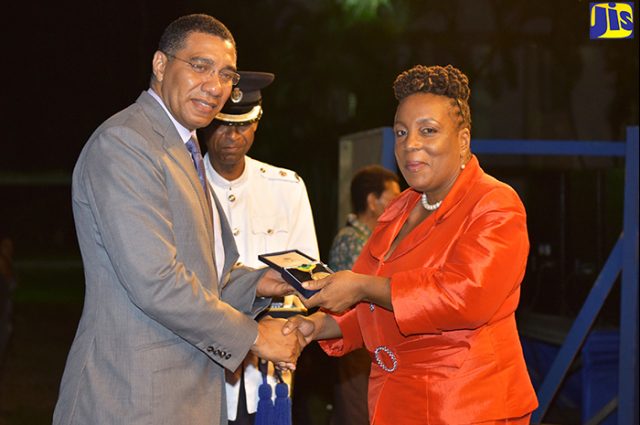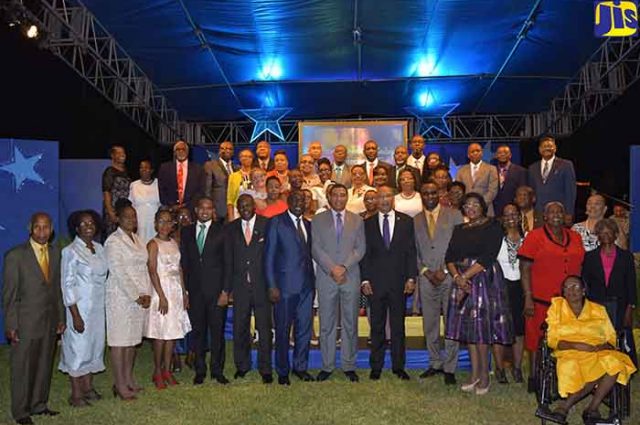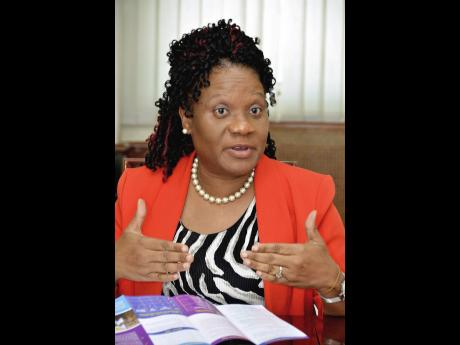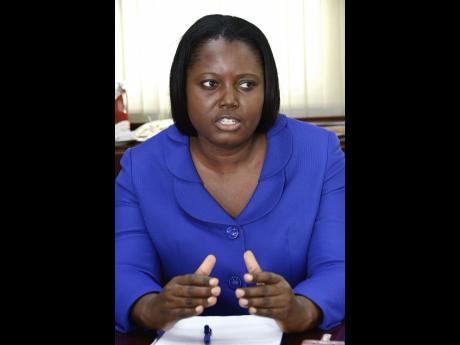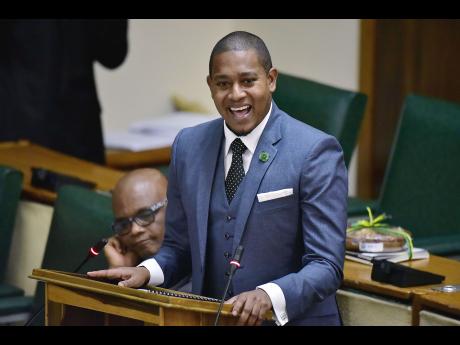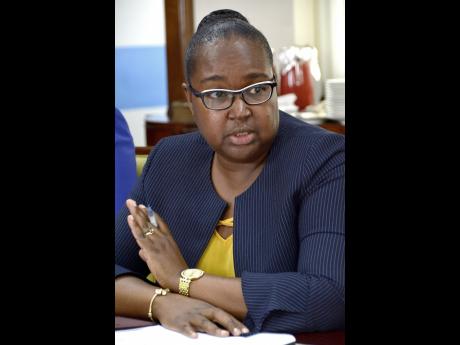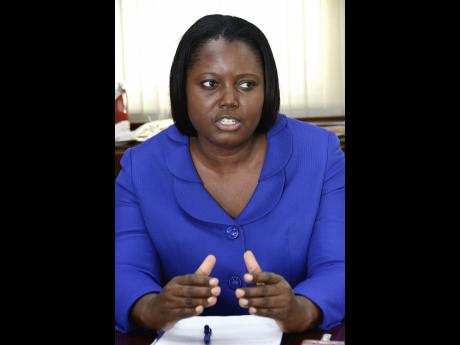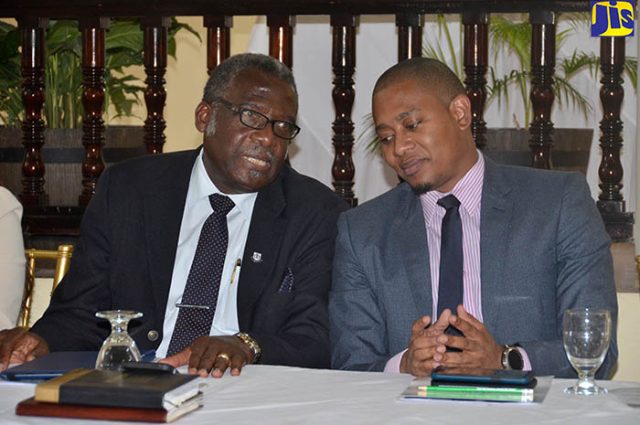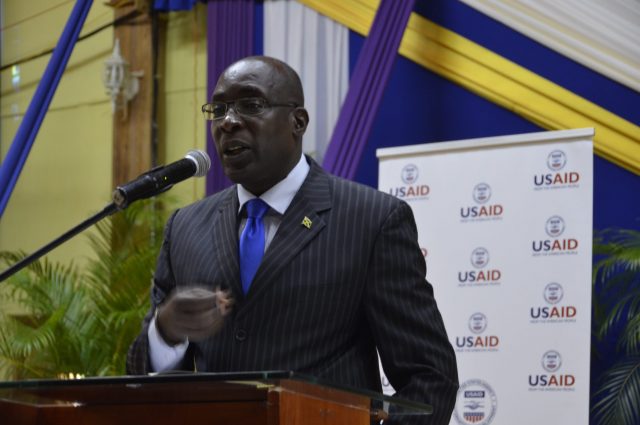JIS: Prime Minister, the Most Hon. Andrew Holness, has lauded this year’s recipients of the Prime Minister’s Medal of Appreciation for Service to Education for collectively giving more than 200 years of invaluable service to Jamaica.
Speaking at Wednesday’s (June 27) awards ceremony at Jamaica House, Mr. Holness said the 40 awardees are “most worthy” of the recognition bestowed on them.
“Your passion and ability to stir the intellectual curiosity of our students have seen them performing at the highest levels of excellence in national exams and in educational institutions across the globe. No matter what subject you teach, you are key to nurturing that ‘can do’ spirit that challenges and encourages our students to take risks, so that they can carve out their own pathway in the journey of lifelong learning,” he said.
Noting that no amount of medals or awards can adequately express the nation’s debt of gratitude for their sacrifice and dedication, Mr. Holness said the awards represent a “public thank you” for their extraordinary commitment to “shaping the lives and sharpening the minds of our children over these many decades”.
“I would like to congratulate (and) express my deep and sincere gratitude to you all for your contribution to nation-building. Our students’ lives and, indeed, my own have been enriched by your dedication and commitment. Education has a special place in my heart, and I’m very happy to share with you on this special occasion,” the Prime Minister added.
Mr. Holness also expressed the hope that teachers already retired will avail their collective experience and wisdom to the education system “as we work together to advance the welfare of our country”.
“As educators, be role models in demonstrating this love for lifelong learning for our students. Your examples of hard work and commitment to lifelong learning will continue to be an inspiration for years to come,” he added.
In his remarks, Education, Youth and Information Minister, Senator the Hon. Ruel Reid, said the awards are an acknowledgement of the teachers’ contribution to national development through education.
“Whether in the classroom or working in administration, you have helped to shape the character of students through the values imparted and in helping them to awaken dormant dreams and aspirations. The great joy we get as educators in seeing when they make good use of the opportunities that education presents is indescribable,” the Minister stated.
He noted that the teachers’ tremendous effort in training Jamaica’s future manpower is invaluable, adding that “your work and sacrifices have enabled many students, who might have otherwise given up on themselves to catch a vision of what they could have achieved, to apply themselves to accomplishing those goals”.
“Jamaica cannot honour you enough. But we are grateful that through this special ceremony, you are getting more public recognition for your dedication and service above self,” Senator Reid said.
For her part, Jamaica Teachers’ Association (JTA) President, Georgia Waugh Richards, said the awardees are practitioners who “pride themselves in excellent delivery and commendable student outcomes”.
“This evening’s function is testament to the fact that your work and worth have not gone unnoticed. The JTA is very proud of all that you represent (and) I challenge you to continue to be the role models and beacons of hope in this great nation,” Mrs. Waugh Richards said.
The 40 honourees were chosen from 70 nominees who have served from the early childhood to tertiary levels of the education system, by virtue of gaining the highest points from the Prime Minister’s Medal of Appreciation Nomination Committee.
CAPTION: Prime Minister, the Most Hon. Andrew Holness, presents Principal of St. Aloysius Primary School in Kingston, Althea Palmer, with the 2018 Prime Minister’s Medal of Appreciation for Service to Education. Ms. Palmer is one of 40 educators who were recognised this year. The presentations were made during Wednesday’s (June 27) awards ceremony at Jamaica House.


